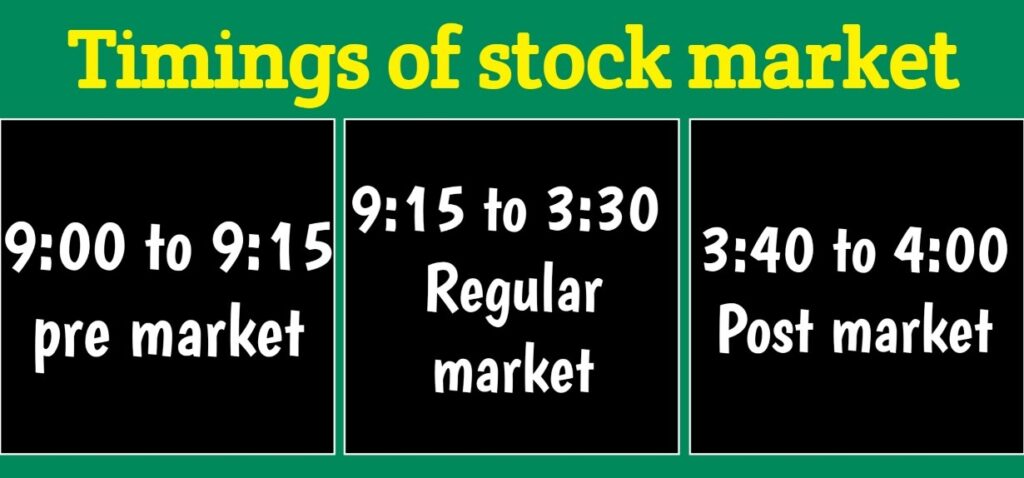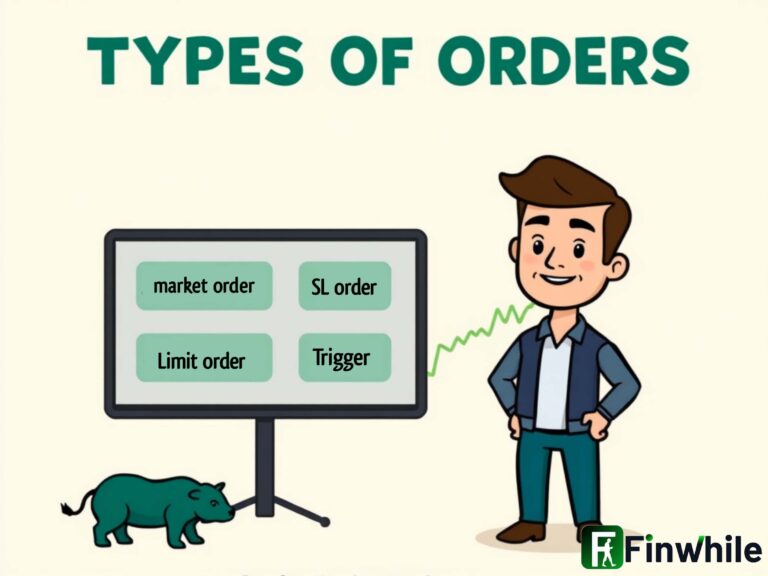Understanding the stock market
What is the stock market?
Let us assume Mr. AZ is a businessman and owns an individual business. In this case, he is the only owner of an organization. Imagine he wants to expand his business and wants his individual organization to become a company. In this case, he has an option to convert it into a business as either a private limited company or a public limited company.
- Private Ltd. Company: A Private Limited Company cannot invite the general public to buy its shares.
- Public Ltd. Company: A public company is a company that has permission to issue shares to the general public. It does this by entering the stock market through an Initial Public Offering (IPO), and it is traded on a stock exchange.
Stock Market vs. Stock Exchange [clearing confusion]

Most beginners will get confused with these 2 terms
- Stock exchange is a place where all the tradable securities such as shares, bonds, futures & options, and commodities are listed.
Consider the stock exchange as a shopping mall , and the mall contains many shops like the stock market, mutual funds, futures and options, bonds etc.
- Stock market is part of stock exchange, where buying and selling of shares take place via stock exchange.
There are two major stock exchanges in India:
- BSE (The Bombay Stock Exchange)
- NSE (The National Stock Exchange) Both are located in Mumbai. These are like shops where anyone can buy or sell stocks (similar to Flipkart & Amazon).
Two types of markets:
Primary Market: When a company sells its shares for the first time via an IPO, it is known as the primary market.
Secondary Market: When a trader or investor buys/sells shares after the IPO, it is known as the secondary market.
Regulator:
The Indian Stock Market is controlled by SEBI (Securities and Exchange Board of India).
It oversees the day-to-day operations of the stock market (in other words, it acts like an umpire and match referee to ensure fair play and according to the rules).
Just like other regulators:
- RBI (Reserve Bank of India) regulates all the banks,
- AMFI (Association of Mutual Funds in India) regulates mutual funds,
- IRDA (Insurance Regulatory Development Authority) regulates insurance companies.
Role of SEBI:
- Regulates the working of stock exchanges.
- Restricts illegal activities.
- Monitors mutual funds.
- Oversees the functioning of intermediaries (brokers).
- Prohibits insider trading, etc.
Investor and Types:
Investor: An investor is someone who lends surplus resources to fund the setup or expansion of companies in return for financial gain. Investors in the Stock Market can broadly be classified into:
- RII (Retail Individual Investor): Invests less than 2 lakhs in an IPO.
- HNI (High Net Worth Individuals): Invests more than 2 lakhs in an IPO.
- DII (Domestic Institutional Investor): Participants in this category include LIC, mutual fund companies like HDFC Asset Management Company (HDFC AMC), banks, and insurance companies.
- FII/FPI (Foreign Institutional Investor/Foreign Portfolio Investor): Non-Indian corporate entities and foreign mutual funds fall into this category.
Timings of the Stock Market:

Most people think and assume market hours are from 9:15 a.m. to 3:30 p.m., but this is not completely true. It also has two other sections called the “Pre-Market Opening Session” and the “Post-Market Hours.”
- 9:00 a.m. to 9:15 a.m.: Pre-Market Opening Session
- 9:15 a.m. to 3:30 p.m.: Market hours for investors
- 3:40 p.m. to 4:00 p.m.: Post-Market Hours
- 4:00 p.m. to 9:00 a.m. (next morning): Aftermarket Hours
The main purpose of the pre-market session is to absorb high fluctuations in the market due to some major event or news that occurred overnight before the market actually opens for trading.
The pre-open market session is divided into three time phases: 8 + 4 + 3 minutes.
- 9:00 AM – 9:08 AM: This period is for the collection of orders only. You can place, modify, and cancel orders in this session.
- 9:08 AM – 9:12 AM: This is the time for matching orders. You cannot place new orders or cancel existing orders during this time.
- 9:12 AM – 9:15 AM: This 3-minute buffer period allows for transmission from the pre-market session to the normal market session. Finally, at 9:15 a.m., the actual trading day begins.
Post-Market Timings:
Only equity holding orders (no intraday trading) can be placed at the market price, which will be traded at the closing price (at 3:30 p.m.) if buyers and sellers are available.
- Liquidity will be low, [meaning not many people trade during this period]
- It is mainly used for price adjustment orders or bulk deal
Example: If the closing price of Britannia at 3:30 p.m. is Rs. 3,613, between 3:40 p.m. and 4:00 p.m., you can place market orders to buy/sell at Rs. 3,613. However, the post-market session is not very active.
Muhurat Trading
Both NSE & BSE work five days a week and are closed on Saturdays, Sundays, and all national holidays. The Indian stock market has a special trading session during Diwali. This is known as Muhurat Trading, and it is the only day in the entire year when the market opens in the evening for about one hour. For the rest of the day, the market remains closed. The exact trading time is declared a few days before Diwali.





